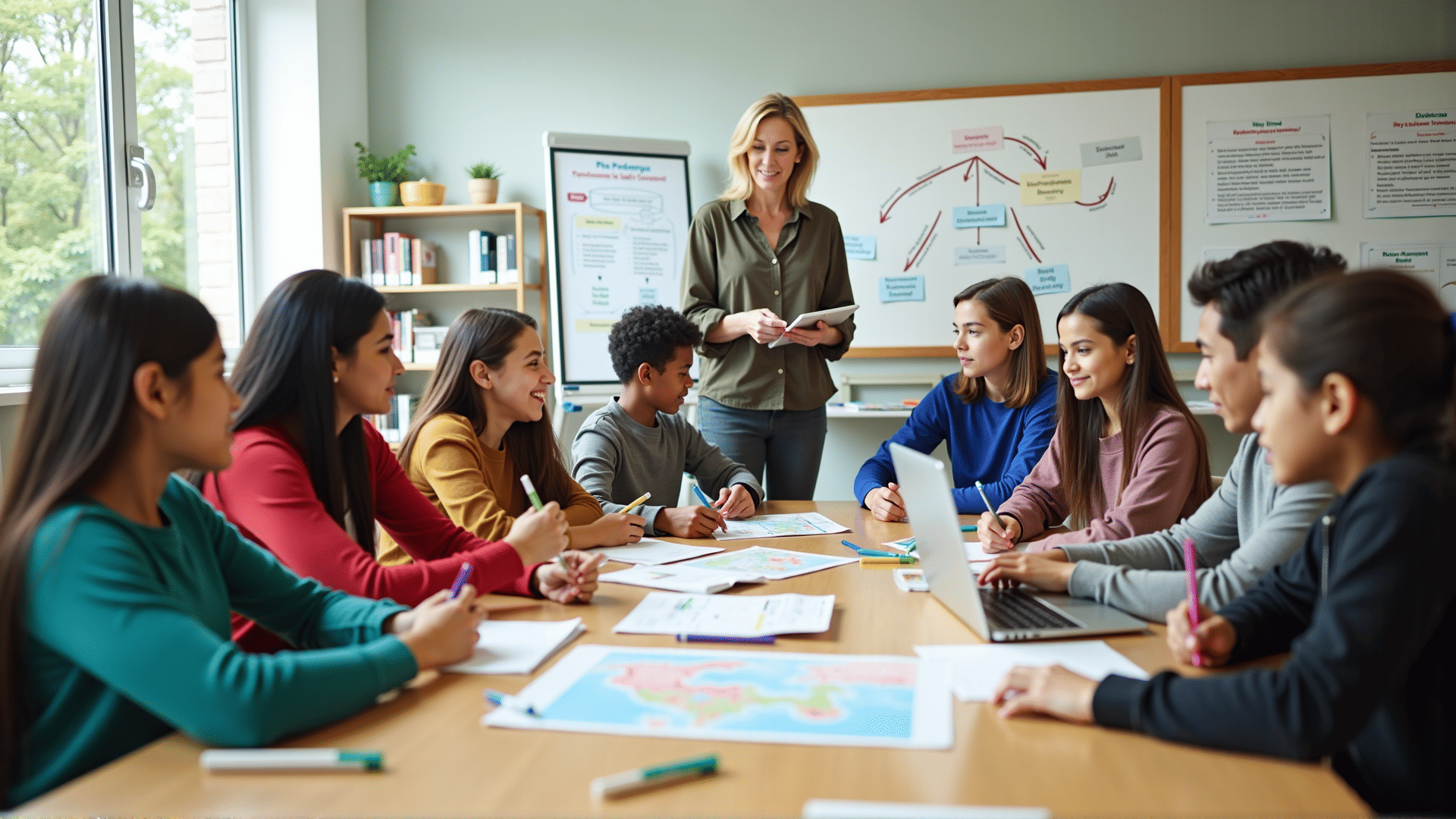Development strategies in education play a pivotal role in shaping effective learning environments and nurturing personal growth among students. By employing various practices, educators can enhance the utilization of resources, which directly contributes to the improvement of students' academic and personal development.
One of the fundamental strategies is integrating technology into the classroom. Digital tools and platforms not only facilitate access to diverse learning materials but also cater to various learning styles. For instance, visual learners benefit from video content, while auditory learners thrive with podcasts and audio lectures. By customizing learning experiences, educators can ensure that all students have equal opportunities to succeed.
Project-based learning is another effective strategy. This approach encourages students to engage in real-world problems and develop solutions, fostering critical thinking and problem-solving skills. By working on projects, students learn to collaborate, communicate, and think creatively. These skills are invaluable as they prepare to enter a rapidly changing world that demands adaptability and innovation.
Moreover, incorporating social-emotional learning (SEL) into curricula is crucial for personal development. SEL focuses on helping students understand and manage emotions, set positive goals, and establish healthy relationships. Programs that emphasize empathy, resilience, and self-awareness equip students to handle challenges in a balanced manner, promoting a supportive school culture.
Effective resource management also involves creating inclusive classrooms where diversity is celebrated. By respecting different backgrounds and learning abilities, educators create an environment where every student feels valued and motivated to participate. Culturally responsive teaching practices are essential in acknowledging students' unique perspectives, enriching the learning experience for everyone.
Professional development for educators is vital in implementing these strategies successfully. Continuous learning opportunities allow teachers to stay updated with the latest educational practices and technologies. When educators are empowered with knowledge and skills, they can inspire their students more effectively.
In addition, establishing strong partnerships with parents and communities strengthens educational outcomes. Engagement from families and local organizations ensures that students receive support not just academically, but holistically. These partnerships provide additional resources and perspectives that enrich the educational experience.
In conclusion, development strategies in education are crucial for optimizing resource utilization and fostering personal growth. By integrating technology, promoting project-based learning, emphasizing social-emotional learning, and valuing diversity, educators can create dynamic, inclusive, and nurturing environments. Such efforts, complemented by ongoing professional development and strong community ties, prepare students not only for academic achievement but for lifelong success.
